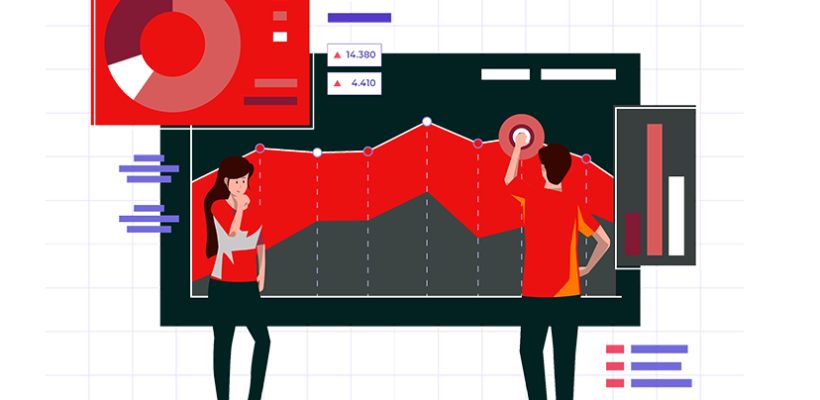How Do I Know If I Am Eligible for Bankruptcy?
Bankruptcy eligibility is determined by various factors, primarily income, expenses, and the type of bankruptcy you’re considering. Here are key considerations for Bankrupcy near me to help you determine your eligibility:
-
Means Test: The means test is a crucial factor in Chapter 7 bankruptcy eligibility. It compares your average monthly income to the median income in your state. If your income is below the median, you likely qualify for Chapter 7. If it’s above, further analysis of your disposable income is required.
-
.
-
Previous Bankruptcies: The timing of previous bankruptcy filings can impact eligibility. For example, there are waiting periods between Chapter 7 filings, and if you previously filed for Chapter 7, you may have to wait before filing for Chapter 13.
-
Financial Counseling Requirement: Before filing for bankruptcy, individuals must undergo credit counseling from an approved agency. This is a mandatory step for eligibility.
It’s crucial to consult with a bankruptcy attorney to assess your specific situation and understand the eligibility criteria based on your income, debts, and financial goals.
What Are the Different Types of Bankruptcy, and Which One Is Right for Me?
Understanding the types of bankruptcy and choosing the right path involves evaluating your financial situation and goals. The two most common types for individuals are Chapter 7 and Chapter 13:
-
Chapter 7 Bankruptcy:
-
Characteristics: Often referred to as liquidation bankruptcy, Chapter 7 involves the sale of non-exempt assets to pay off creditors, followed by the discharge of remaining eligible debts.
-
Suitability: Ideal for those with low income, minimal assets, and a desire for a quick debt discharge.
-
-
Chapter 13 Bankruptcy:
-
Characteristics: Known as reorganization bankruptcy, Chapter 13 allows individuals to create a repayment plan spanning three to five years. It aims to repay a portion of debts while retaining assets.
-
Suitability: Suited for those with a regular income, significant assets they want to protect, and the ability to commit to a repayment plan.
-
Choosing the right type of Bankrupcy near me depends on factors such as your income, assets, and specific financial goals. An experienced bankruptcy attorney can assess your situation, guide you through the decision-making process, and help determine the most suitable path.
In conclusion, understanding bankruptcy eligibility involves considering factors like income, debt levels, and the type of bankruptcy you’re considering. Consulting with a legal professional is essential to navigate these complexities and make informed decisions based on your unique financial situation.




